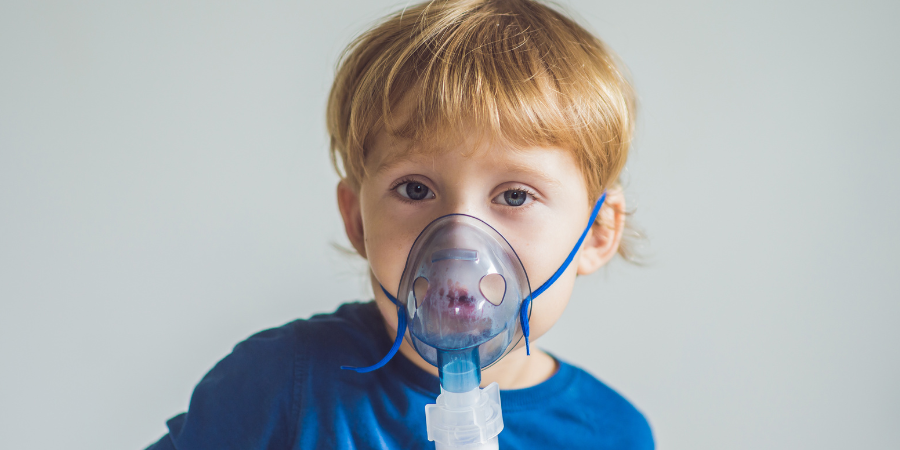

In recent months, the United Kingdom has witnessed a concerning rise in whooping cough cases, a trend that has health officials and some members of the public on high alert. Whooping cough, or pertussis, is a highly contagious bacterial infection that strikes the lungs and airways, leading to severe coughing bouts lasting months. This resurgence is particularly alarming as it poses a grave risk to infants and young children, who are especially vulnerable to the disease.
Understanding Whooping Cough
Whooping cough is caused by the bacterium Bordetella pertussis. It begins with symptoms similar to a common cold, including a runny nose, red and watery eyes, a sore throat, and a mild fever. However, about a week later, intense coughing bouts ensue. These episodes are more frequent at night and can be accompanied by thick mucus and vomiting. The characteristic 'whoop' sound following a cough, though not present in all cases, is a distinct sign of the infection. The physical strain of coughing can lead to a red face, slight bleeding under the skin, or in the eyes, and in severe cases, young children may experience brief periods of breathlessness or turning blue (cyanosis).
The Rise in Cases
The UK Health Security Agency (UKHSA) has reported a significant increase in whooping cough cases, with 1,319 confirmed cases in March 2024. This follows 556 cases in January and 918 in February, bringing the total number of cases in 2024 to 2,793 as of early April. Tragically, there have been five infant deaths in the first quarter of the year. The spike in cases is a stark reminder of the disease's potential to cause widespread outbreaks.
Vaccination is the best defence
Vaccination remains the most effective defence against whooping cough. The DTaP vaccine, which protects against Diphtheria, Tetanus, and Pertussis, is part of the routine childhood immunization schedule. However, there has been a decline in vaccine uptake among pregnant women and children, which is concerning given the current rise in cases. The UKHSA emphasizes the importance of timely vaccination in pregnancy and infancy to protect vulnerable young babies from serious disease.
Who is at Risk?
Whooping cough can affect individuals of any age, but young babies under six months are at a particularly increased risk of complications. Older children and adults may experience less severe symptoms, but the illness can still be unpleasant and frustrating. Even those who have had whooping cough before or were vaccinated against it as children are not immune, as protection tends to wane over time.
Preventing the Spread
An individual with whooping cough is infectious from about six days after infection until three weeks after the onset of coughing bouts. Antibiotic treatment can reduce the length of time someone is infectious. Close contact with an infected person can lead to transmission, making it crucial for those with the infection to isolate and for their close contacts to be vigilant.
The recent surge in whooping cough cases is a call to action for increased awareness, vaccination, and prevention measures. It is vital for healthcare providers to encourage vaccination and for individuals to recognise the symptoms and seek medical attention promptly. As a community, we must work together to protect the most vulnerable among us and prevent the spread of this serious illness.
Contact Clean Grewp for free, expert information or advice on controlling an outbreak of Whooping Cough at your premises.
